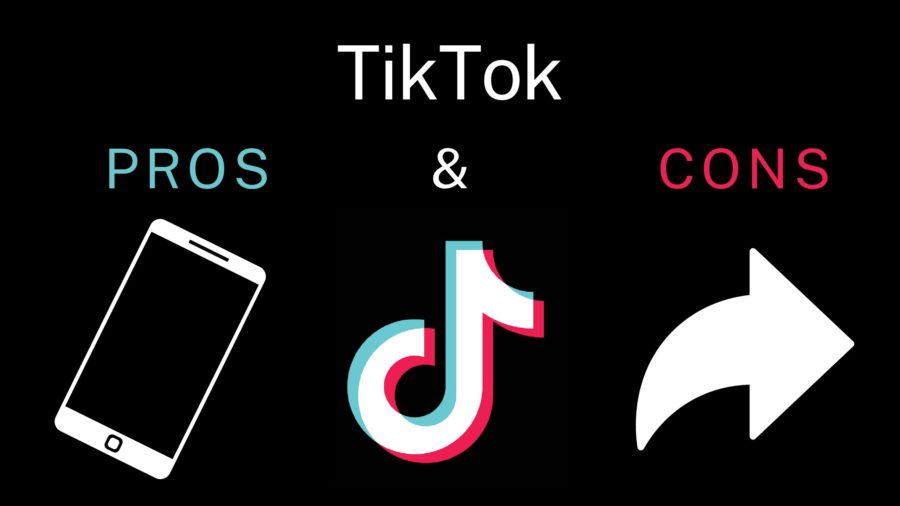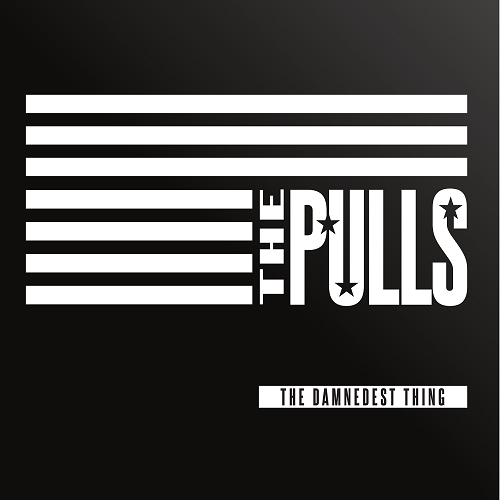Universal Music Group pulling songs from TikTok is a GOOD thing
There’s some level of irony in knowing that TikTok, the app that was birthed from music.ly, the same app that both introduced and re-introduced us to a profusion of music, is now having the abundant library taken away… and that could actually be a good thing depending on how you want to look at this.
For those that may not know, Universal Music Group and TikTok had an agreement dating back to 2021 in regards to allowing licensed music to be used for its creators. Creators would be allowed to use music from artists signed under UMG without copyright infringement. This agreement would then expire a few days ago and the two parties failed to reach a new agreement which in turn resulted in UMG pulling its library off of TikTok which was effective on Feb 1st. The outcome was hundreds upon hundreds of TikTok’s — from the iconic trend-setting clips to the little guy making a TikTok on that rainy Friday night — being muted as it now infringes on copyright grounds.
It goes without saying that this has definitely caused an uproar in countless industries. From the marketing campaigns from companies that have used these licensed songs to creators who relied heavily on these sounds are all, understandably, upset that the majority of their content has lost their quality. Even a lot of well-established artists have taken a hit from this as TikTok is one of the leading social media platforms for marketing new music and content in general. Whether it’s promoting a new record or bringing an old one back from 20 years ago, they’ve lost a crucial promotional outlet.
Now, before I get into the potential positives of this new change, let’s firstly look at the negatives. As stated earlier, there are countless content creators who really established content and brands with the assistance of these songs. First person that comes to mind right now is Drew Wells and his Target run videos with Drake’s “Virginia Beach” playing in the background really blew up and got some pretty impressive sponsorships. Could he have amassed the same level of success with any other song? Maybe, but Drake wouldn’t have personally done his own rendition of it and posted it on Twitter. Creators such as mashup artists, DJ’s, producers, Dancers, Lip-sync artists(?) and even people who idly have licensed music in the background will need to potentially re-identify themselves and establish a new content strategy if they want to maintain their relevance and continue to grow on the platform. And as previously mentioned, this was a very cost efficient and easy way to market new music and content because seemingly everyone uses TikTok for some form of discovery nowadays.
Additionally, even award-winning artists are very much polarized about this decision. In a recent discussion on PBS News Hour with Ben Sisario, who is a music journalist for the New York Times, he said:
It most definitely is not as black and white as saying this is a net positive or negative, but when money, royalties, and ownership over content come into play it will cause any situation to become a lot more complex.
This being said, it’s intriguing how I can identify the stronger positives in this new agreement depending on one’s approach and how you’d want to execute your new strategy in two major ways:
Content rejuvenation
What do I mean by “content rejuvenation”? For those that were, for lack of a better word, dependent on UMG’s music to make content without doing anything innovative, they have now been forced to either acknowledge their own talents or craft and discover new ones. You no longer are able to do the exact same thing with a different caption for 100 videos over and over again. While that may come across as patronizing, there is an element of truth in there. Afterall, you should always ask yourself the question: Do I make good quality content because the music is readily available to me? Or is the music readily available to me because I make good quality content?” (Satoru Gojo is somewhere rolling his six-eyes at that sentence).
This definitely incentivizes certain creators to take another look at their content and think about how they are going to remain sustainable. How will you attract new viewers? How will it affect your retention? This can really expose just how reliant one is on content that is not inherently theirs and therefore can be seen as Tony Stark without the suit (minus the charisma, looks, money, connections, and essentially everything else that makes Tony Stark). How well can you market yourself and acquire — as well as maintain — a fanbase in this new climate? Over at what is dubbed as “Anitok”, which is short for “Anime TikTok”, many video editors have since replaced Yeat and Playboi Carti with Beethoven or Mozart to make their new edits and I have to say I’ve liked EVERY SINGLE ONE I’ve come across. This creativity and ability to adapt is what will keep content creators both in the game along with creating new trends and building new foundations of content in this new era of TikTok.

Opening the doors for the independents
For those who are not signed to UMG, this could really be seen as a serendipitous opportunity for them to make a name for themselves and emerge into the scene and obtain exposure. They could have a more accessible fanbase who are looking to find new and interesting sounds for their videos and could pivot their profile into really developing a stronger reach. Laufey is a great example of an artist who makes great music and, even without the power and money of UMG, managed to expand her reach and develop a new audience because of her music and who happens to listen to it. Now while she has since signed with Warner Chappell Music back in August 2023, the assistance of TikTok definitely propelled her into a greater stage and generated a large and diversified audience. Her aside, there are other creators and musicians on TikTok who have had their sound’s trend on multiple occasions way before this change and will continue to do so afterward.
This will soon usher in more underground artists to feel less intimidated to put their music out there and network with other creators into promoting their sound with more authority behind it. Whenever Drake makes a new song, everyone is quick to jump onto the sound; but now, since that is not the immediate case, you could really up your business and networking skills by contacting creators to promote your music and that could even create a new found revenue for TikTokers to promote more independent artists. Of course this happens in small sectors already, but this change could really proliferate that development.
At the end of the day, no matter which side of this dispute you are on, there are pros and cons for each. UMG seeks to protect their artists from the growing effects AI is having on their business (which is a very real and understandable problem). TikTok’s reputation was largely built on the licensed music they were permitted to promote on their platform. Majority of artists have now lost a large portion of their promotional and marketing power. However, this can create a pathway for new creative sounds to emerge and a new wave of creative ideas and influences. Those that were codependent on the talents of other people will either have to pack up shop or adapt to the new change and actually be creative for the first time. Those that synthesized their talents with the pre-existing music should not find any problem in maneuvering through this storm — and I say storm not in a negative way, but in the context of sporadic changes that could be good or bad. Needless to say, we’re all about to see some very interesting things in the coming months with how this app evolves and how the world reacts to it.







